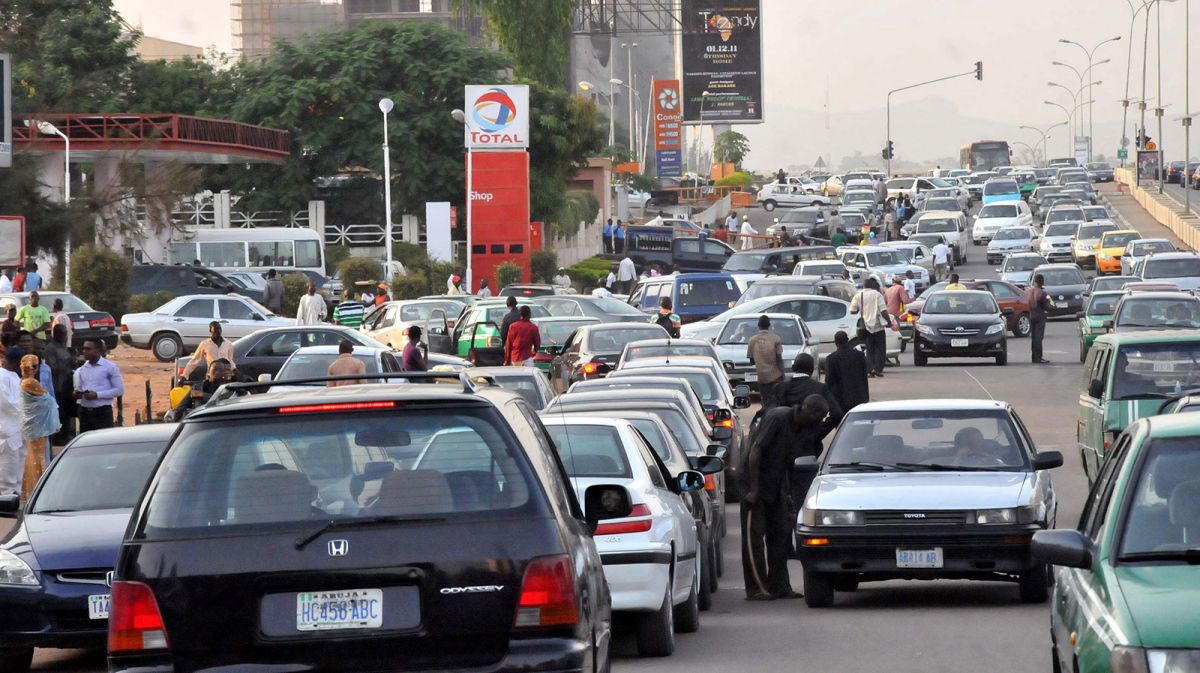The fuel scarcity across the country may soon end as President Goodluck Jonathan has ordered that oil marketers be paid their outstanding claims for the importation of petroleum products.
The scarcity of petrol follows the expiration of a three-day ultimatum given by the Major Oil Marketers Association of Nigeria (MOMAN) to the Federal Government. The major oil marketers are angry with the Federal Government for not paying its members’ subsidy claims, at the same time the National Association of Road Transport Owners (NARTO) and Petroleum Tanker Drivers (PTD) are also engaged in a face-off with MOMAN.
MOMAN had on Friday last week threatened to stop the importation of petroleum products over yet-to-be-paid N256 billion subsidy claim by the Federal Government.
The Executive Secretary of MOMAN, Mr. Obafemi Olawore, issued the threat at news conference in Lagos.
Olawore stated that the last time the government paid marketers N100 billion subsidy claim was in February and it was paid in Sovereign Debt Note (SDN).
“But if you deduct the N100 billion from the N315.8 billion, you will have 215.8 billion. Besides, the Petroleum Product Pricing Regulatory Agency (PPPRA) had earlier approved Batches T and U for last quarter of 2014 for payment which amounted to N30.5 billion.
“In 2015, we also have Batches A and B for the products imported by MOMAN which has been approved by PPPRA but had not been paid.”
“This also amounted to N9.7 billion. So the money put together is N256 billion,” he said.
Following the threat by the oil marketers to stop importation, scarcity of petroleum products has worsened in Abuja, parts of lagos and other major cities across the country..
NNPC could not import the products alone because MOMAN imports about 40 per cent of the nation’s consumption.
In most parts of Lagos metropolis, long queues were witnessed between Tuesday and Wednesday morning.
Residents bemoaned the scarcity and the rise in price of petrol negatively affecting their businesses.
It was complaints galore from transporters, barbers, food vendors, welders to small and medium scale enterprise owners whose businesses rely on fuel usage.
From the Island to the Mainland, the story was the same as motorists spent several hours at filling stations struggling to buy fuel.
As a result of the scarcity, the official pump price of petroleum product has increased from N87 to between N100 and N130 in some filling stations across the state.
Some equally barricaded their entrances, collecting fees ranging from between N200 and N500 to allow motorists in.
Black marketers have also had a field day, selling a litre of fuel for as high as N250.







